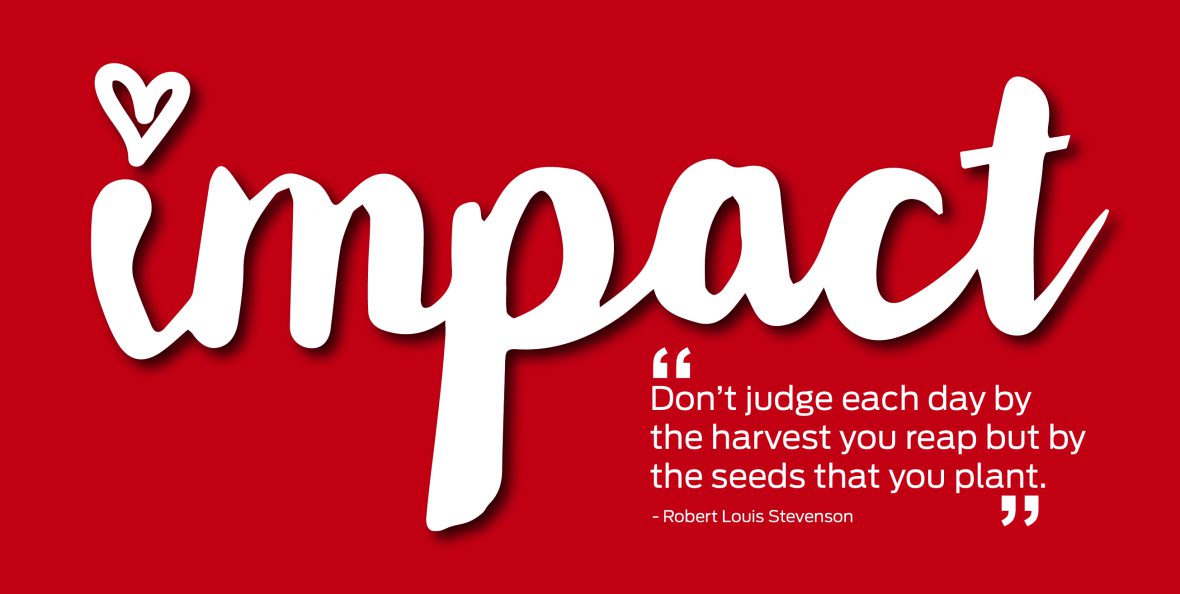The U.S. Census Bureau states that one in seven people live below the poverty line. This means millions of Americans struggle day-to-day to make ends meet. Every day they face many questions. How are we going to eat? Can we pay our rent or our mortgage? Will our water and power be shut off? What can I do to ensure my children are taken care of? These are just a few of the questions those battling poverty might ask themselves each night as they lie in bed. It is hard to imagine the stress and huge burden this puts on a father, a mother, and a child. Poverty has deep effects on every member of the family. It is a crisis in our country. The wealthiest country in the world.
Community Action of Northeast Indiana (CANI) is a non-profit organization that is committed to ending poverty in our region. It offers many types of programs to assist and educate those living in poverty. In 2010, CANI served more than 30,000 people in Northeast Indiana. Families received assistance with their utility bills. Quality childcare was provided to keep moms and dads working. Individuals attended workshops focused around building resumes and managing money. CANI’s mission is to help families, individuals, and communities remove the causes and conditions of poverty. It is obvious that they do this year after year.
I had the opportunity to volunteer with CANI during a poverty simulation. This simulation helps educate the community about the stressful day-to-day lives of those who lack the money and resources to live. During the simulation, participants role play the lives of those living in poverty. Some people act as the single parent struggling to raise children while working a low paying job. Others play the role of the family with unemployed parents and children involved at school. The goal for each participant is to provide shelter and food for the family during the simulation. My role in the simulation was to play an important member of the community. I played the part of schoolteacher. It was my responsibility to run a quiet and orderly classroom during each 15 minute week. Before we started, this task seemed simple. I was quickly convinced otherwise.
The role of teacher in this simulation was not easy. Children who live in poverty face a multitude of challenges. As the teacher, I had to deal with them first hand. One student was pregnant. Another acted out and was a real disruption during class. Many of the students were open about their lack of money. One week, I sent a note home to parents asking for money for supplies. The following week, most students came back empty-handed. We also had a field trip planned to the zoo and the children needed money. The day of the field trip we had to keep three children in school who couldn’t pay the fee. It was hard to see children miss out the opportunity to experience the zoo because of their family situation. As a human being, you wanted to reach out and help. As a teacher, I understood that I could not.
The simulation opened my eyes to the challenges our teachers have in low-income, poverty-stricken schools. There was no money for supplies or field trips. The students did not want to be in school and many were worried about their families. Education was not a priority. In some situations it was more of a hinderance. School got in the way of helping the family make ends meet. The lack of education led to mischief and illegal actions. Children felt obligated to find ways to help their family. Others acted out to get the attention of their parents who were too busy treading water to spend time with them. These observations were real and scary.
Everyone who participated in the simulation seemed to enjoy the experience. It was educational, informational, and inspirational. Poverty changes people. Many individuals spoke about the feelings of desperation. These feelings led to thoughts of stealing, selling drugs, and other illegal actions to make money. These were leaders of our community who were faced with the realities of poverty. They considered unthinkable acts to provide for their family. We often hear stories of theft and robbery by people from which we would not expect it. This simulation gave me insight to the reasons why they do it. As a parent, I will always provide for my family. If your back was against the wall would you do whatever necessary to provide for them? Ask those who experienced it firsthand in this simulation and you may be surprised with the answer.
We must all commit to get involved in our communities to help those in need. Poverty affects everyone in the community. It leads to high dropout rates in our schools, increased crime in our cities, and families with children who have to live on the street. I am a firm believer that I, that we, can change the world. In order to do so, we must act. There are many ways you can help those in poverty in your community. CANI offers great services and programs, but they need our help. You can visit www.canihelp.org to learn more about the mission to end poverty in Northeast Indiana. If you want to learn more about poverty, CANI, and yourself, volunteer for a poverty simulation. It will open your eyes.

